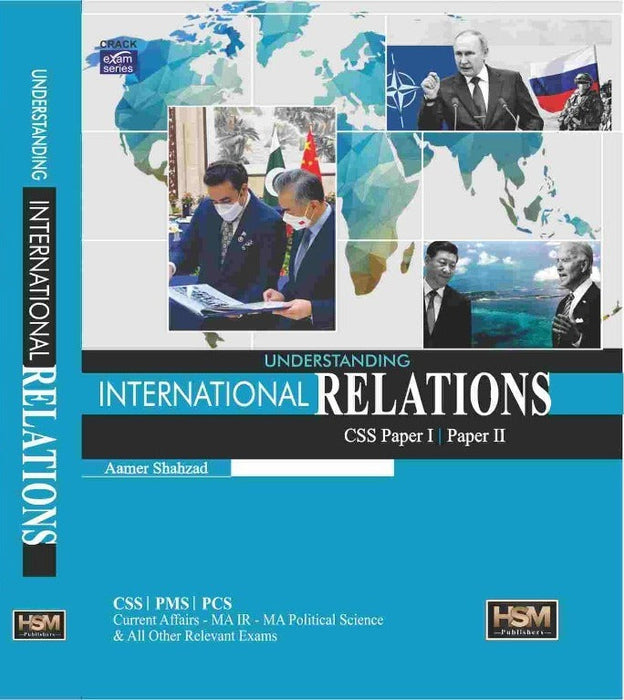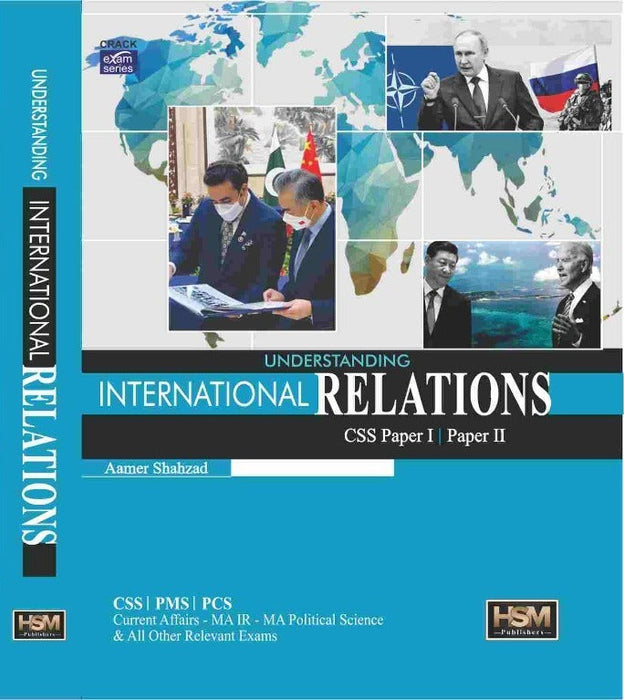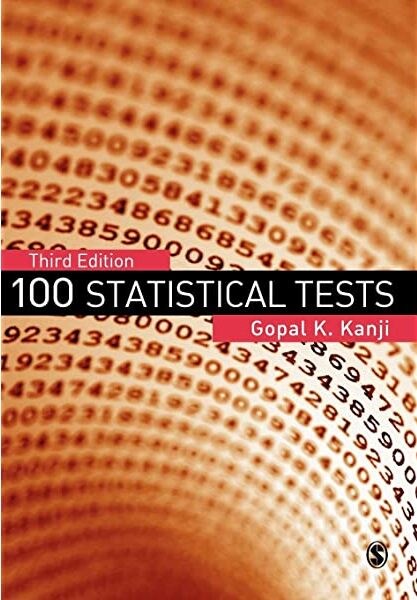Understanding International Relationships CSS Paper I& II For CSS By Aamer Shahzad
- Publisher: HSM PUBLISHERS
- Availability: In Stock
- SKU: 40674
Rs.840.00
Rs.1,050.00
Tags: Aamer Shahzad , academic exams , admit card , best books , Best Selling Books , Competitive Exams , Conflict Resolution , CSS , Cultural Diplomacy , Diplomacy , Disarmament , Economic Relations , English Composition , Environmental Diplomacy , exam analysis , exam date , exam hall , Exam Preparation , exam schedule , exam stress , examination center , Foreign Policy , General Knowledge , Geopolitics , Global Affairs , Global Development , Global Governance , Globalization , good books , HSM , Human Rights , Humanitarian Diplomacy , International Affairs , International Conflict Resolution , International Order , International Politics. , International Relations , International Security Studies , International Trade , International Treaties , mock exams , Pakistan Studies , Paper I , Paper II , past papers , Peace Studies , Peacekeeping , Political Relations , Politics , Public Policy , Reference Book , reference books , Regional Cooperation , result declaration , revision techniques , sample questions , scoring high , secure shopping , Soft Power , Study Material , Understanding International Relationships , United Nations , War and Peace
Understanding International Relationships
-
Definition and Scope: International relationships encompass the interactions between states, international organizations, and non-state actors on the global stage, influencing diplomacy, trade, security, and culture.
-
Historical Context: From ancient civilizations to modern nation-states, the dynamics of international relationships have evolved through wars, treaties, colonialism, and globalization, shaping contemporary geopolitics.
-
Theoretical Frameworks: Key theories such as realism, liberalism, constructivism, and Marxism provide lenses to analyze and understand the motivations and behaviors of actors in the international arena.
-
State Sovereignty: The principle of state sovereignty forms the basis of international relationships, delineating the rights and responsibilities of nations in their interactions with each other.
-
Globalization and Interdependence: The increasing interconnectedness of economies, cultures, and societies through globalization has transformed international relationships, blurring traditional boundaries and fostering interdependence.
-
Security and Conflict: Security dynamics, including military alliances, arms races, terrorism, and cyber warfare, significantly impact international relationships, shaping regional and global stability.
-
Diplomacy and Multilateralism: Diplomatic efforts and multilateral institutions such as the United Nations, World Trade Organization, and regional blocs play crucial roles in managing conflicts, fostering cooperation, and promoting peace.
-
Economic Interests and Trade: Economic considerations drive many aspects of international relationships, including trade agreements, investment flows, economic sanctions, and development aid, influencing global prosperity and power dynamics.
-
Cultural Exchange and Soft Power: Cultural diplomacy and the projection of soft power through media, education, and cultural exchanges shape perceptions and influence international relationships, fostering understanding and cooperation.
-
Emerging Challenges: Contemporary challenges such as climate change, pandemics, migration, and technological advancements pose complex threats and opportunities for international relationships, requiring collaborative and innovative responses.
Conclusion
Understanding international relationships is paramount for policymakers, diplomats, scholars, and citizens alike in navigating the complexities of our interconnected world. By comprehending the historical, theoretical, and practical dimensions of international relationships, individuals can contribute to promoting peace, prosperity, and sustainable development on a global scale. Aamer Shahzad-HSM's comprehensive analysis in CSS Papers I and II provides invaluable insights into this dynamic field, equipping readers with the knowledge and perspectives needed to engage effectively in the discourse on international relations.
════ ⋆★⋆ ═══
Writer ✤ Aamer Shahzad
Publishers ✤ HSM PUBLISHERS
























